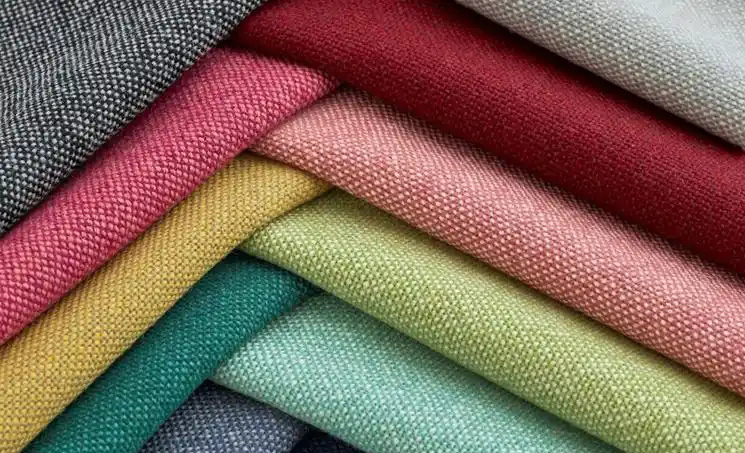
Textile physical inspection: refers to a testing method that uses various instruments, meters, equipment, measuring tools and other testing methods to measure or compare the physical properties or quantities of various textile products, and systematically organize and analyze the data to determine the physical properties and quality of textiles.
Textile chemical inspection: refers to a testing method that uses chemical inspection techniques and equipment to analyze and test extracted textile samples to determine the chemical properties, composition, and content of textiles.
It refers to the inspection of the quality, specifications, weight, quantity, packaging, safety, and hygiene of goods by the manufacturer, buyer, or third party under certain conditions, using certain means and methods, in accordance with contracts, standards, or relevant laws, regulations, and practices at home and abroad, and making judgments on whether the goods are qualified or not, or whether they have passed acceptance inspection. The business activity of issuing various relevant certificates to safeguard the legitimate rights and interests of both buyers and sellers, avoid or resolve disputes over various risks, losses, and responsibilities, and facilitate the handover and settlement of goods.
Quality: refers to the sum of characteristics that reflect the ability of an entity to meet explicit and implicit needs. In terms of the most important performance and function of textiles in use, the ultimate goal should be to fully meet the usage requirements of users and consumers.
Quality certification: refers to the activity of confirming that a product meets the corresponding standards and technical requirements through third-party certification agencies, and issuing certification certificates and certification marks based on product standards and corresponding technical requirements, in order to prove that a certain product complies with the corresponding standards and technical requirements. It is an internationally recognized effective method for managing product quality. The authentication process is strict, fair, and scientific, and users do not need to undergo unnecessary repetitive checks.
Quality supervision: refers to the activity of supervising the quality of products, services, and the conditions required for enterprise quality assurance in accordance with government laws or regulations.
Quality control: mainly refers to controlling the specific properties of products in order to meet the set specifications and technical conditions.
Performance: refers to reflecting the comprehensive needs of customers and society, as well as the specified functions of the product, which can be divided into two aspects: usability and appearance performance. Refers to the specifications and technical requirements of textiles, including aesthetics, applicability, reliability, safety, environment, and service life.

